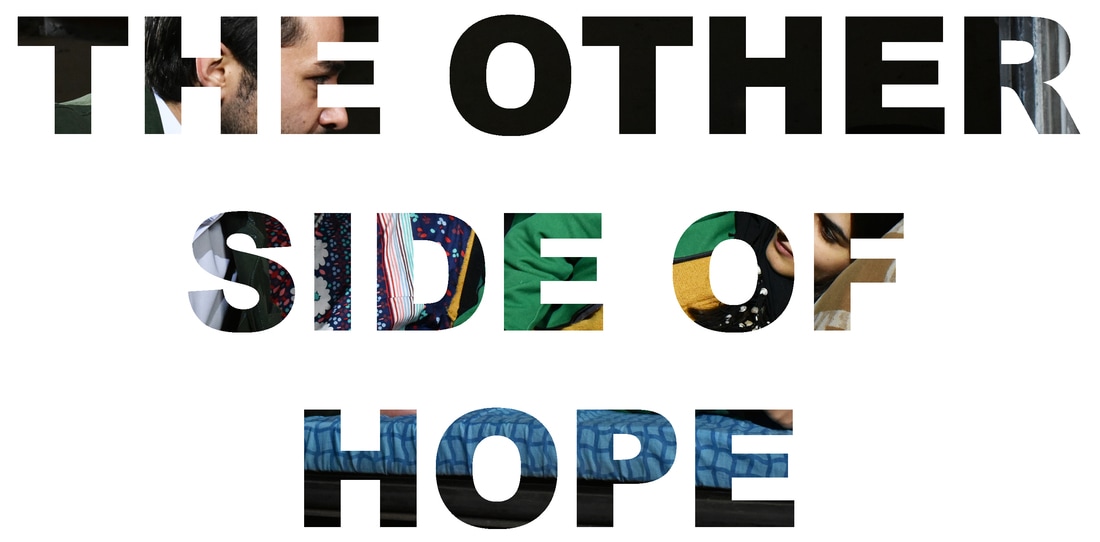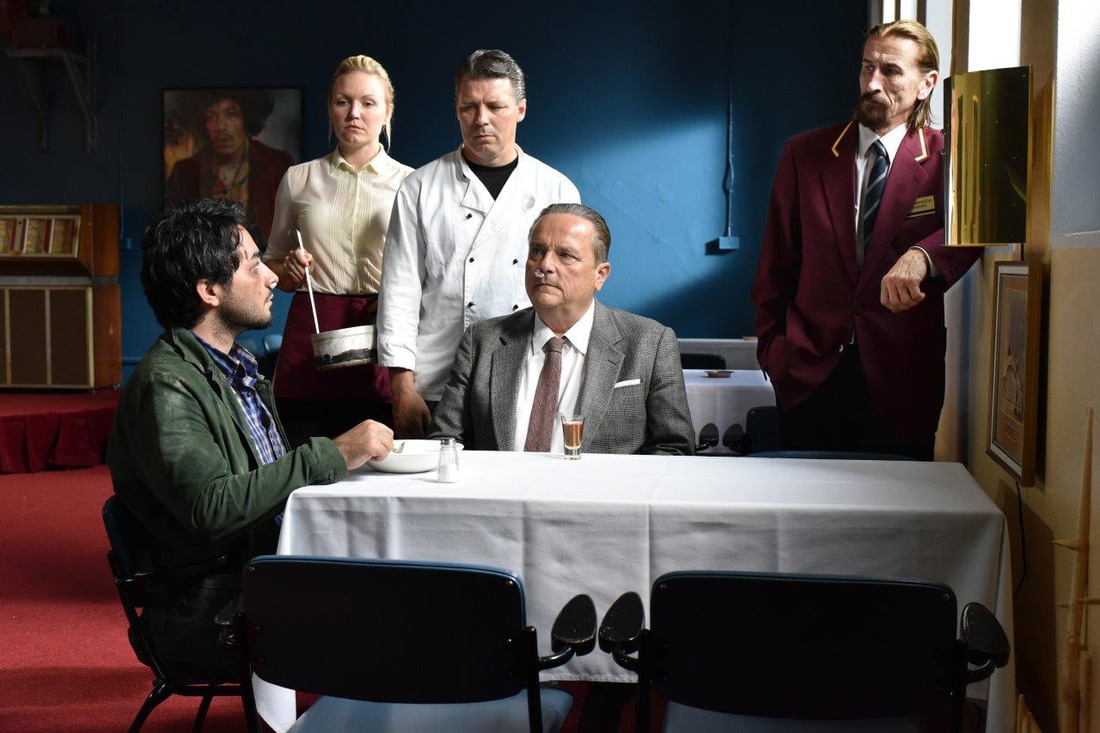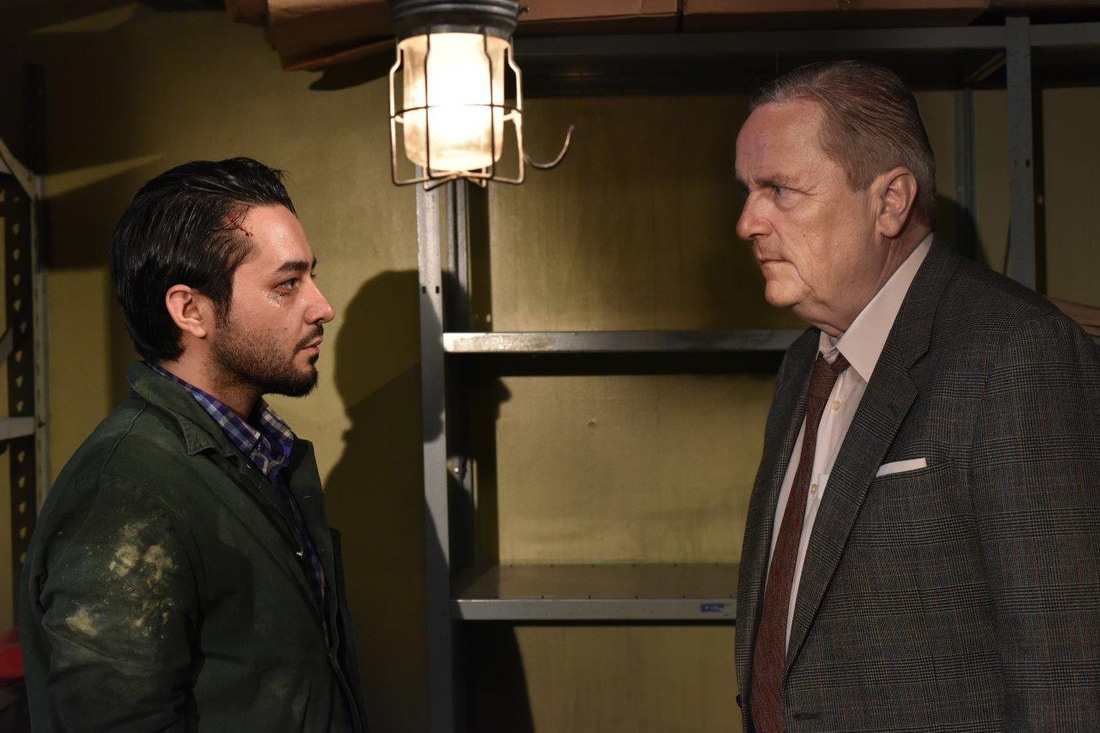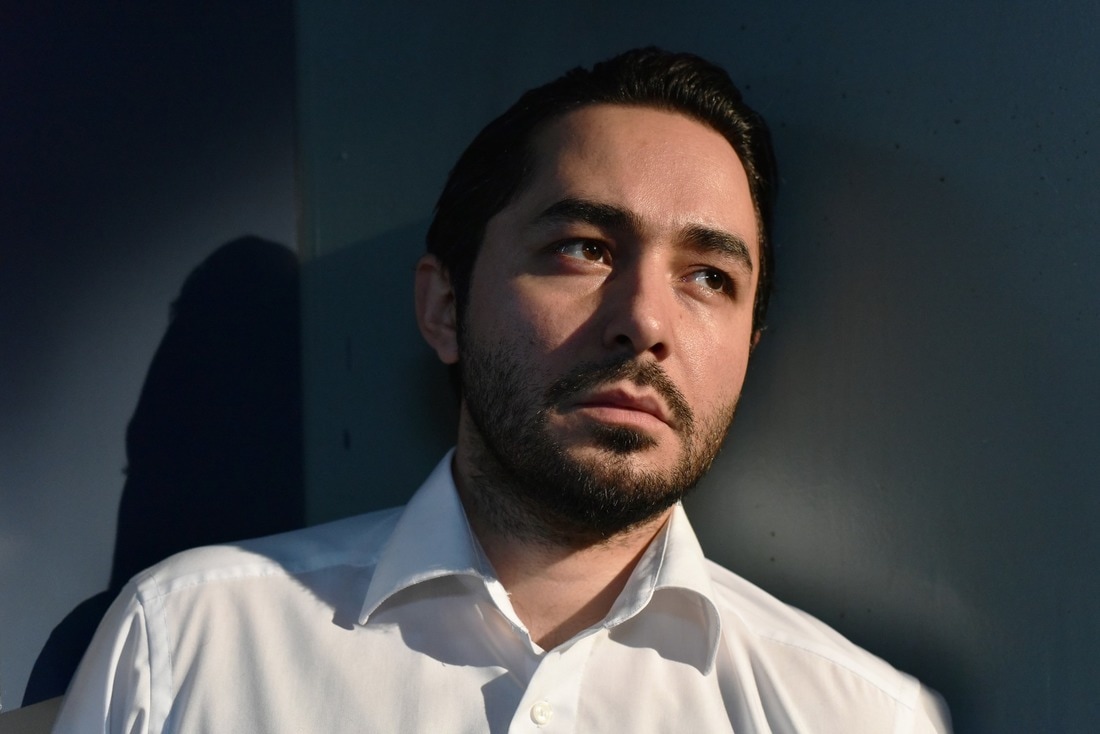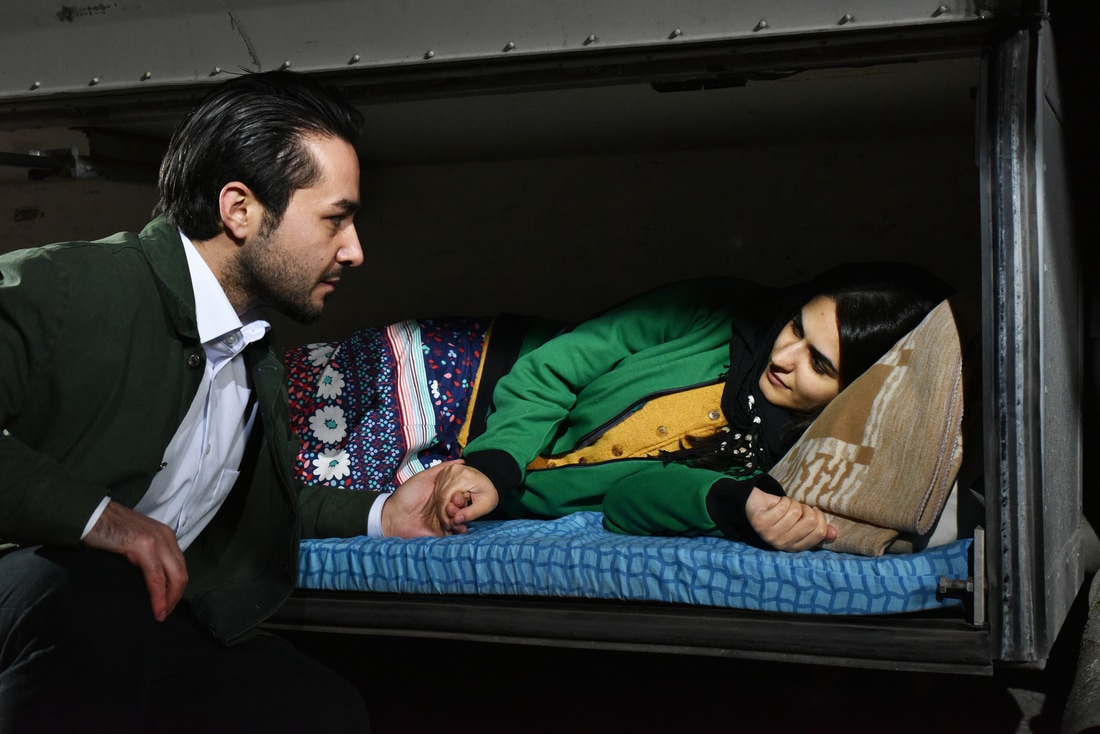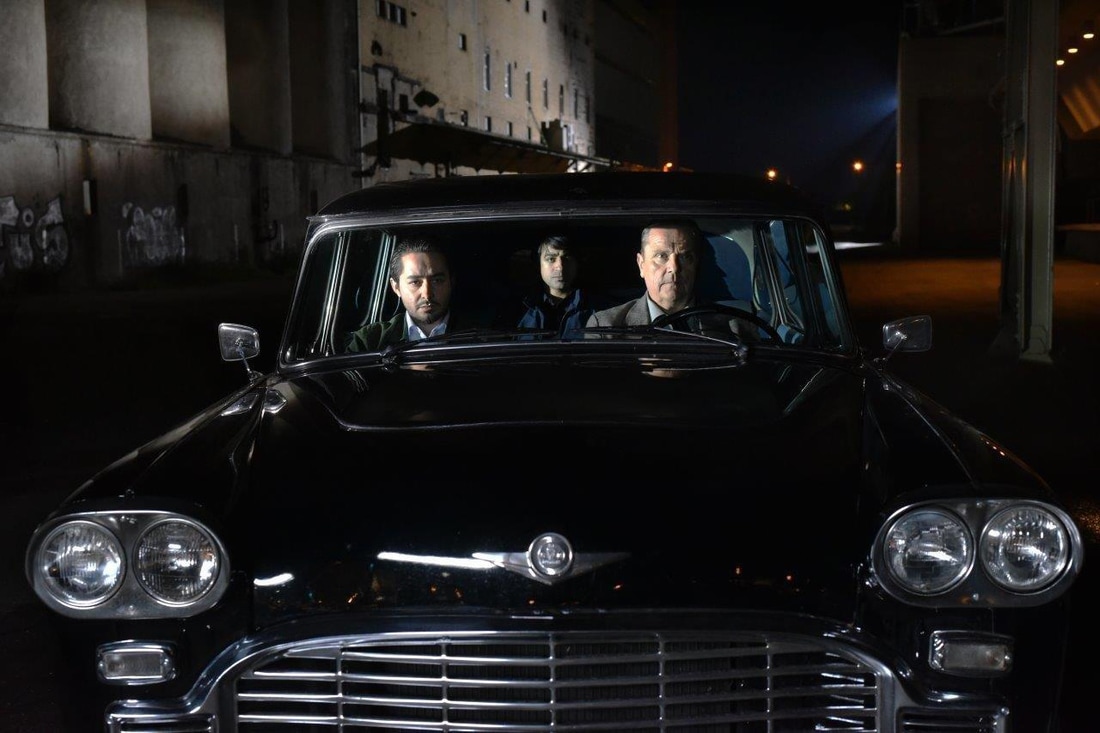|
★★★★½
27 March 2017
A movie review of THE OTHER SIDE OF HOPE. |
“It is easy to die, but I want to live,” Miriam (Niroz Haji)
Director Aki Kaurismäki has honed his wonderful brand of humour and humanism. THE OTHER SIDE OF HOPE is an endless array of golden touches. In less sensitive hands, a comedy-drama about asylum seekers and refugees might end up being a horror show of crassness. Fortunately, the creative team gets the gentle humour to tie in with the pathos, and does not forget that safety and happiness is on a knife-edge. Kaurismäki is not interested in mawkishness, and therefore the film does not feel like an educational aid for the hateful members of the audience, who lack empathy and basic compassion. The director also sidesteps kitchen sink dourness – a charmed audience is arguably a broader audience.
Director Aki Kaurismäki has honed his wonderful brand of humour and humanism. THE OTHER SIDE OF HOPE is an endless array of golden touches. In less sensitive hands, a comedy-drama about asylum seekers and refugees might end up being a horror show of crassness. Fortunately, the creative team gets the gentle humour to tie in with the pathos, and does not forget that safety and happiness is on a knife-edge. Kaurismäki is not interested in mawkishness, and therefore the film does not feel like an educational aid for the hateful members of the audience, who lack empathy and basic compassion. The director also sidesteps kitchen sink dourness – a charmed audience is arguably a broader audience.
The narrative focuses on two men in the process of renewing their lives. Khaled (Sherwan Haji) is a Syrian refugee we meet emerging from the coal pile of a ship docked at a Finnish port. (Kaurismäki’s previous work, LE HAVRE, quickly springs to mind.) He immediately hands himself into the police seeking asylum. The movie does not shy away from the heartlessness of the authorities. The second man, Wikström (Sakari Kuosmanen – who at the press conference stunningly sang us a song to the delight of all those in attendance), is a travelling salesman selling shirts to stores - an anachronistic profession adding to the timelessness of Kaurismäki’s oeuvre.
The police even use a typewriter. The endearing absurdity is quickly undermined by the indifference to Khaled. The story reminds (those that need reminding) that the quaint/cutesy does not necessarily equate to kindness. Being stuck in the past is not a virtue. Meanwhile Wikström has left his alcoholic wife (Kaija Pakarinen), and is seeking to offload his entire inventory. Being 50-something and unhappy has caused a broom to sweep clean. Wikström comes to be a role model for boldness and big-heartedness.
Helsinki is the locale – no picture postcard version though, it might be anywhere. In a government centre Khaled meets Iraqi asylum seeker Mazdak (Simon Hussein Al-Bazoon), and a friendship is born. Even among the grimness there is hope, but also because of the shifting atmosphere we question everyone’s motives and genuineness – a skilful refection of existence, with life and death stakes.
Wikström takes the money from selling off his shirts and goes to a clandestine poker game. One wonders whether it is folly. The variety of unease is rare. Turns out Wikström is a gambler savant and wins enough to buy a struggling restaurant, the Golden Pint. People are not always comfortable verbalising affection, and food can be a form of endearment (see EAT DRINK MAN WOMAN), and this might well be the case here.
Khaled and Wikström crossing paths is a winsome and heartfelt venture, which never forgets the geopolitical context.
Using these Google Adsense links help us keep Filmaluation free for all film and arts lovers.

